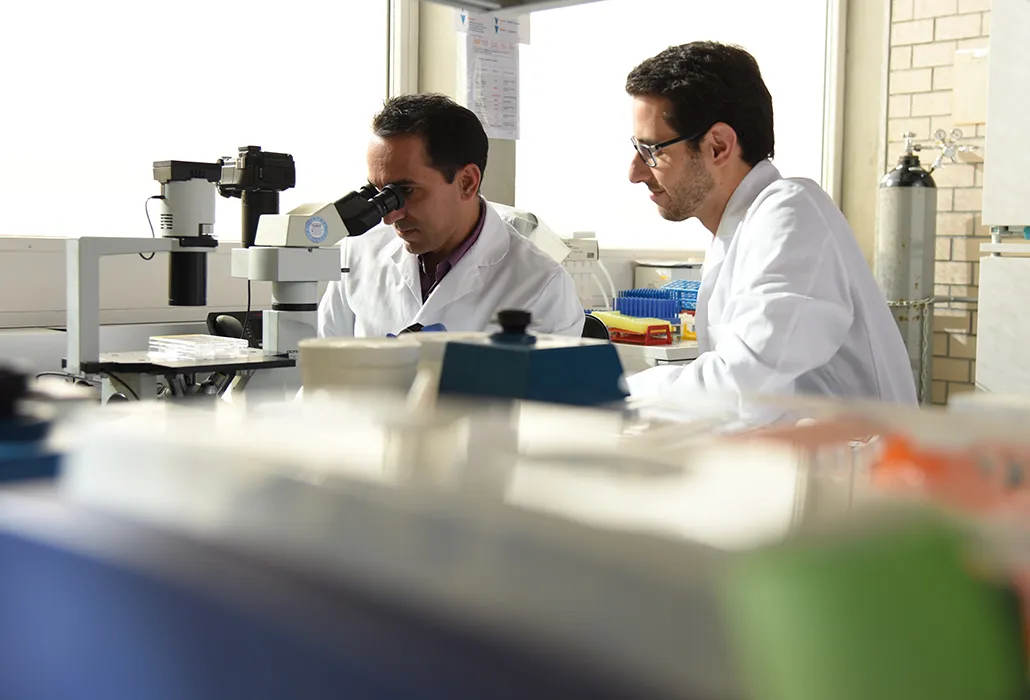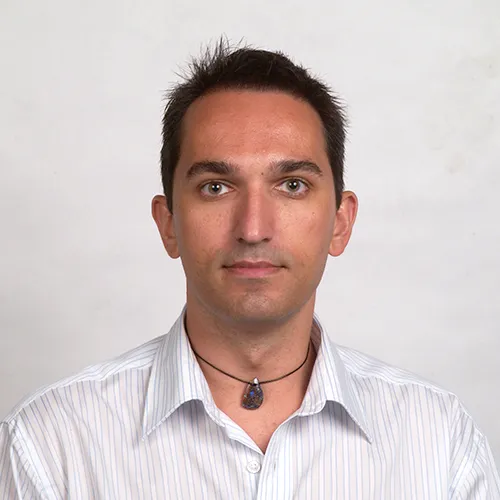Biology of Aging
Spinal cord injury (SCI) affects many organs and systems. In interplay with age, environment and personal factors it may result in various health conditions. Our group investigates the underlying biological mechanisms of such conditions and the possibilities for new therapies. We provide biological research for health maintenance of people with SCI by exploring the biology of aging as core research approach.
We are committed to translational and clinically oriented biological research in several fields relevant to SCI:
- development of a national SCI biobank including all SCI centres of Switzerland;
- infection and immunity in people with SCI;
- biology of back pain and regenerative medicine of the intervertebral disc; and
- collaborative research with psychologists on biology of pain and stress.
Our focus on the biology of aging for health maintenance is reflected in various teaching activities and supervision of students at the universities of Lucerne and Bern.

Contact

Tit. Prof. Dr. Jivko Stoyanov
Research Projects
Werden Sie jetzt Mitglied und erhalten Sie im Ernstfall 250 000 Franken.
Spenden Sie jetzt und unterstützen Sie unsere Projekte zugunsten von Querschnittgelähmten.
